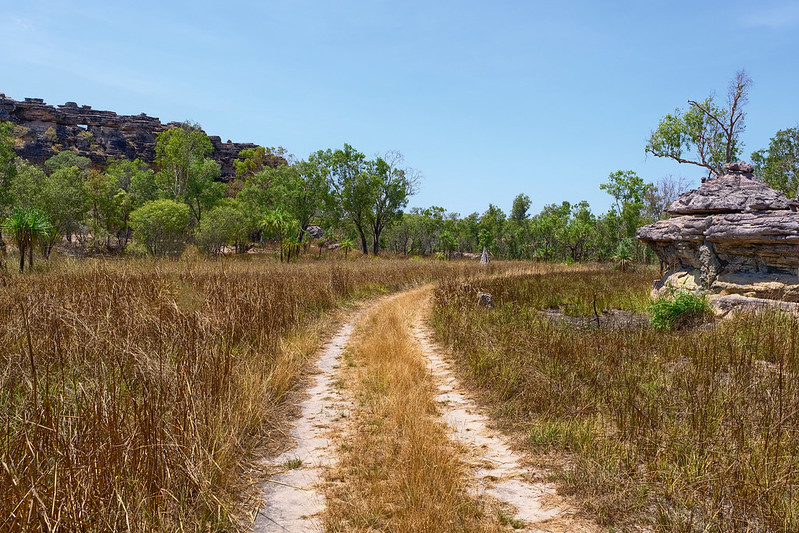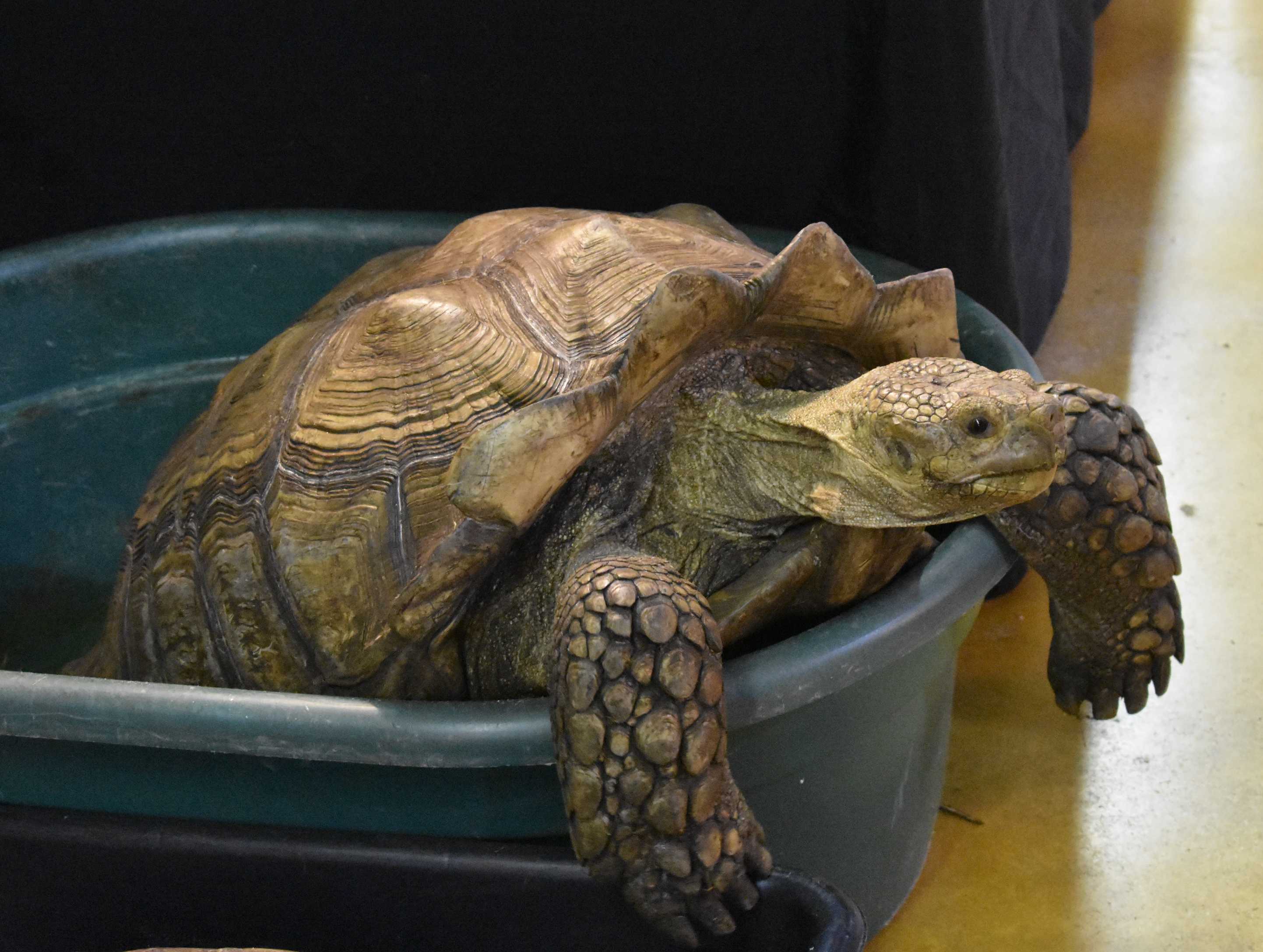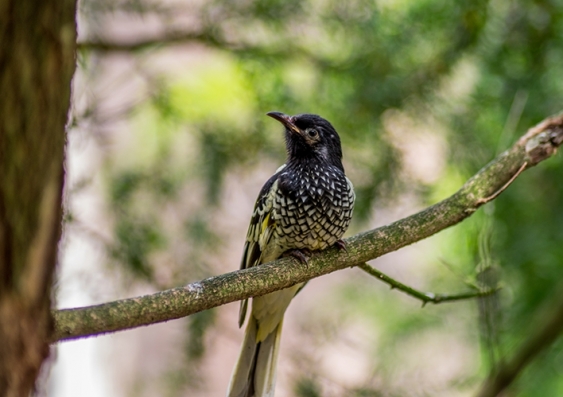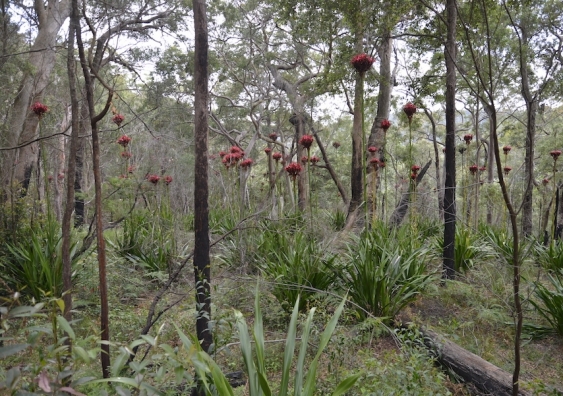-
Reaping the social benefits of carbon farming in northern Australia
Gillian Savage | October 23, 2021Carbon farming can generate sustainable economic, social and environmental outcomes around rural Australia, not least in the tropical north.
-
Marine heatwaves affect people too
Lachlan Gilbert | October 23, 2021Marine heatwaves have led to major economic losses around the world, a new study shows – and researchers say we need global action to ease the impacts of extreme warming events on ocean life.
-
The hidden costs of the wildlife trade
Open Forum | October 22, 2021An international team of experts, including researchers from the University of Adelaide, has highlighted that the illegal and unsustainable global wildlife trade has bigger ramifications on our everyday lives than you might think.
-
Plastic litter is a beach
Diane Nazaroff | October 19, 2021Ten years of citizen science data has informed a UNSW study which found plastic dominates the rubbish found on Australian beaches.
-
Reefer madness
Diane Nazaroff | October 11, 2021Artificial reefs are helping the East Australian Current deliver a conveyor belt of food to a ‘wall of mouths’ of baitfish, with benefits for recreational fishers as well as the environment. Now UNSW scientists have uncovered why artificial reefs attract more small foraging fish than natural reefs.
-
Restoring Australian landscapes
Bonnie Mappin | October 8, 2021Replanting vast tracts of land with native vegetation would prevent species extinctions and help abate climate change.
-
From Stockholm to Glasgow: 50 Years of UN environment conventions
Anne-Marie Schleich | October 4, 2021The Climate Change Summit in Glasgow (COP26) will take place in November. The past 50 years of environmental agreements have seen stronger engagement from civil-society actors, more science-based climate change assessments, and a stronger voice of vulnerable island countries.
-
Farmers must join the fight against climate change
James Ha | September 27, 2021Without action to reduce land clearing and improve soil carbon, agriculture may become Australia’s largest source of emissions, requiring hugely expensive carbon offsetting paid for by taxpayers, consumers and farmers themselves.
-
The battle of the coral sea
Open Forum | September 21, 2021The loss of 50% of the world’s coral reefs since 1950 has led to an equally significant loss in the ability of reefs to support the food and livelihoods of indigenous peoples.
-
NSW’s war on wildlife
Euan Ritchie | September 18, 2021A new code which allows rural landholders in NSW to clear up to 25 metres of land outside their property boundary will be devastating for the wildlife that live or migrate there.
-
An ecological balance sheet for the Royal National Park
Isabelle Dubach | September 9, 2021Professor Richard Kingsford will lead a new ecological health assessment of Australia’s oldest national park.
-
Eat lead
Jordan Hampton | September 6, 2021Lead ammunition poses a threat to all scavenging wildlife but risks are further heightened in scavenging birds because their mobility and foraging strategies contribute to potential exposure.













